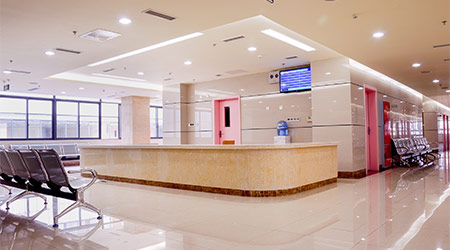The COVID-19 pandemic has changed healthcare forever, from infection control to construction practices. Design is no exception. Hospital systems of all sizes have had to implement resilient strategies to support and maintain operations while front-line workers care for surges of new patients.. With the increasing likelihood of new infectious diseases on the horizon, designing facilities that can maintain operations during a pandemic is essential.
In response to the stress that the COVID-19 pandemic has put on our healthcare systems, Dallas-based architecture firm HKS recently collaborated with engineering firm Arup in releasing a report titled “The Pandemic-Resilient Hospital,” according to D Magazine. The report is a collaboration between the two global firms in sharing actionable strategies for the healthcare system.
HKS and Arup devised seven principles for a pandemic-resilient hospital: versatility, surge readiness, supports well-being, clean air and surfaces, can isolate, contain and separate, enable flow and enable the digital and physical connection. The design features need to be versatile and work for everyday standard patient care while meeting pandemic needs to increase patient severity in the existing facility.
Click here to read the article.

 The Future of the Global Hospital Hygiene Market
The Future of the Global Hospital Hygiene Market Rethinking Fire Safety Inspections
Rethinking Fire Safety Inspections The Ohio State University Wexner Medical Center Officially Opens
The Ohio State University Wexner Medical Center Officially Opens Healthcare and Resilience: A Pledge for Change
Healthcare and Resilience: A Pledge for Change Texas Health Resources Announces New Hospital for North McKinney
Texas Health Resources Announces New Hospital for North McKinney